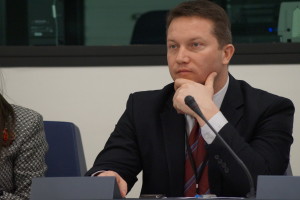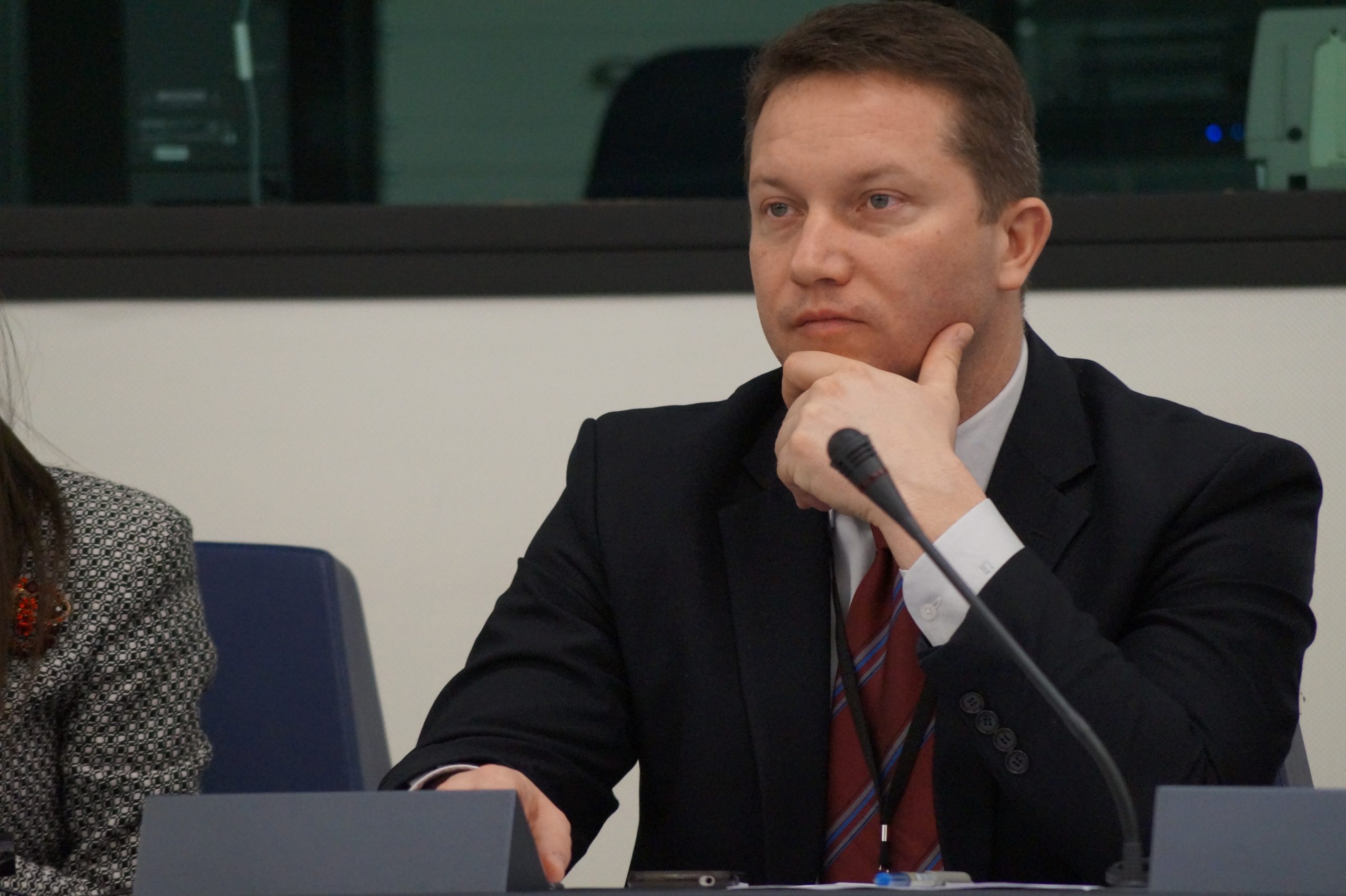Published: 5.6.2015
 According to Jean Monnet, one of the founding fathers of the European Union, “European roots are so deep that the conception of Europe will survive each crisis and revolution” We can only confirm this. However, today the European community is suffering from its deepest crisis since the post-world-war era, and the solutions proposed so far only work on the medium term. Now, when the global geopolitical games and the global superpowers reduced our world to a Cold-War relationship, when EU skepticism is growing dangerously and extreme radicalism is dismantling our community, Europe must show unity and strength.
According to Jean Monnet, one of the founding fathers of the European Union, “European roots are so deep that the conception of Europe will survive each crisis and revolution” We can only confirm this. However, today the European community is suffering from its deepest crisis since the post-world-war era, and the solutions proposed so far only work on the medium term. Now, when the global geopolitical games and the global superpowers reduced our world to a Cold-War relationship, when EU skepticism is growing dangerously and extreme radicalism is dismantling our community, Europe must show unity and strength.
The sovereign nation-states are unable to either ensure their own social and economic development, or secure their physical protection individually. Although today it is not necessary to establish a United States of Europe, but a much deeper integrated alliance based on more efficient and more enhanced cooperation is urgently needed, an alliance that is able to protect itself – even against on its own Member States’ putschist amoks who refuse common European values.
Europe is under pressure from both internal and external sources at the same time; as a consequence of the financial crisis, social crisis has followed. Among the mounting effects of such challenges (with the extremists only facilitating it) are migration and social tension, which require immediate, and long-term solutions.
In addition to internal challenges, external threats are looming over our community: ongoing military conflicts on the periphery, the even more aggressively infiltrating terrorism, or the appearance of the Eurasian Union. In order to find the answers for the effective transformation we need multipolar relationships of power. The majority of the challenges are cross-border problems, therefore the European Union needs centrally coordinated solutions that are at the same time stretching over borders. The European vision, the Nobel Peace Prize laureate European project got into crisis.
New vision is needed! More Europe is needed! A different Europe is needed!
The European Community and the European project is in operational effectiveness crisis; without openly confessing this the system cannot be fine-tuned properly. The European left has been turned into a subordinate role in last electoral terms in Brussels and Strasbourg, while the effectiveness of the European Commission lead by center-right figures and the results of its ‘legislating’ performance showed that the conservative approach leads to a dead end. The European left must proudly and loudly declare: no more compromises and bargaining, it is now time to have a complete shift of prevailing paradigms! We should continue the work together jointly with FEPS in the “the Next Left” programme, and build on its results.
We are Europe, but this is not our Europe! Under the existing EU practices the Cohesion Funds are mainly provided for infrastructure related investments in the new member countries. Besides all of these necessary improvements, however, European Union money is spent far too often on unnecessary investments that are only visually satisfying but have no added value. The European Union should introduce a new priority in the allocation of resources: it is time to invest in people! For instance: we can build a new school, but we will not be able to progress if everything else remains in ruins inside the freshly whitewashed walls. Subsidies allocated for education, social services, research and development produce medium and long term, lasting results. These could constitute the post-crisis recovery program of the welfare system. These changes need to hallmark a clear and committed paradigm shift of the left side. The protection and enforcement of fundamental democratic rights is our primary task, but we have to recognize: without adequate social protection and growth only a fragile society remains that tolerates impairing its rights.
“Act, React, Impact” – This was the official motto of the 2014 EP elections. And even fewer and fewer people feel the need to be part of the European elections. Compared to the 40% turnout rate for the first time, less than 30% of the voters participated in the last EU elections in Hungary. Europe moves further away from Europeans, and even ordinary Hungarian citizens feel the benefits of EU membership less and less, even though it has an increasing influence on their daily lives. Primarily this is the fault of European institutions as they appear completely detached from citizens, separated in their ivory tower. Secondly, it is the fault of politicians and the publicity. The priority now is to get the citizens closer to the European Union and the European decision-making system. We should have more initiatives to encourage national parliaments, local governments, NGOs and ordinary citizens as well to have more influence in the EU decision-making process. The mission of all the MEPs is to maintain a regular relationship with their voters, to represent their expectations and interests even more visibly in Brussels. A more transparent and humanistic Europe must be created, otherwise the alliance cannot be strengthened.
The Party of European Socialists will hold its next Congress in Budapest this June. This event in Hungary may be a splendid beginning of this paradigm shift. We, European Democrats must show the new path, with clear objectives and well-crafted milestones for our citizens. Otherwise, regardless how deep the roots of Europe are, our mission will be jeopardized by the stormy present of European history.
ISTVAN UJHELYI MEP
queries-feps.eu – 02.06.2015
